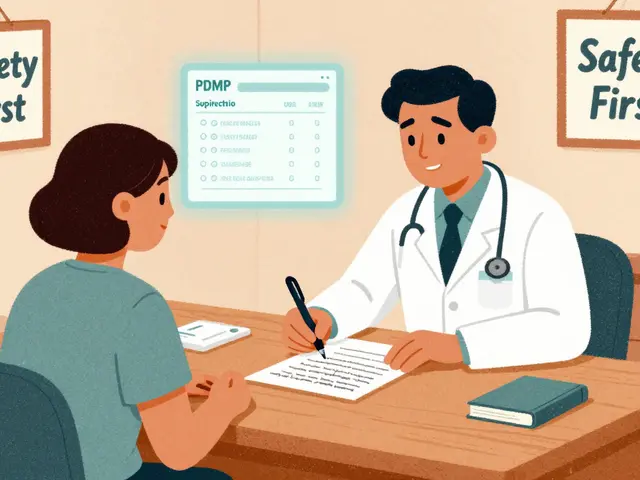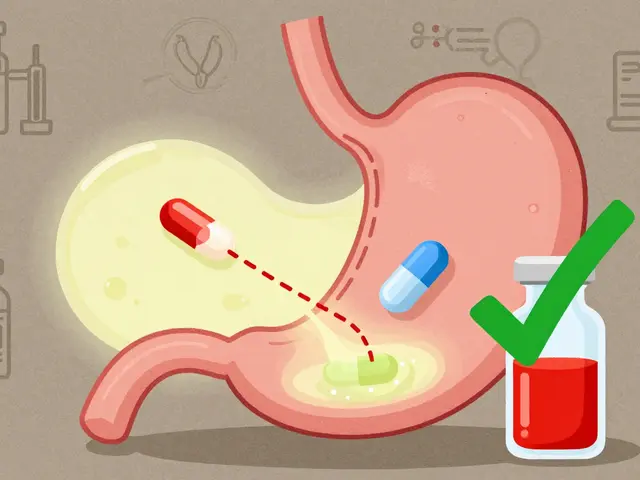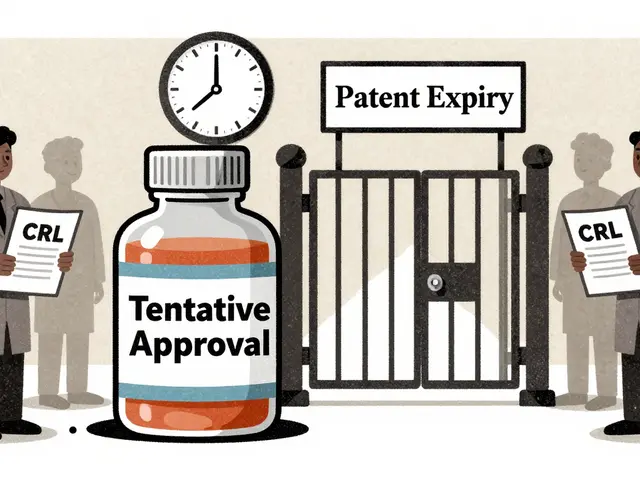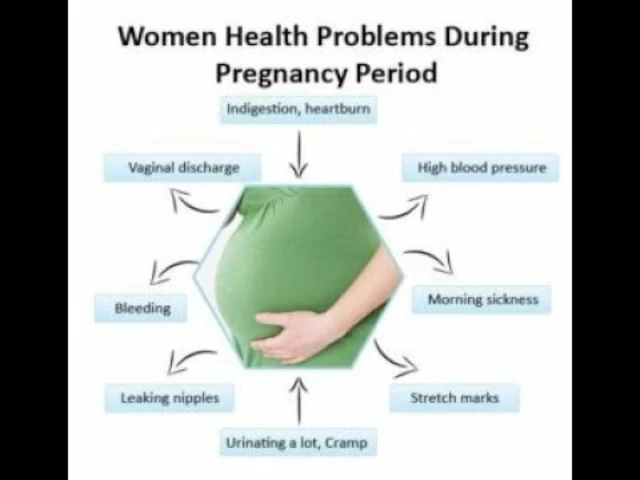Uterine Lining Overgrowth: Causes, Symptoms, and Treatment Options
When the uterine lining overgrowth, an abnormal thickening of the endometrium, often due to excess estrogen without enough progesterone. Also known as endometrial hyperplasia, it’s not cancer—but it can be a warning sign if left unmanaged. This isn’t just about heavy periods. It’s your body signaling something’s off with your hormones, and ignoring it can raise your risk for something more serious.
Most cases happen because of a hormonal imbalance, when estrogen stimulates the uterine lining without the balancing effect of progesterone. That’s common in perimenopause, polycystic ovary syndrome (PCOS), or after long-term estrogen therapy without progesterone. Obesity plays a role too—fat tissue makes extra estrogen. You might notice irregular bleeding, spotting between periods, or periods that last longer and are much heavier than usual. Some women don’t have symptoms at all, which is why it’s sometimes found during tests for infertility or pelvic ultrasounds.
Not all thickened lining leads to cancer, but certain types of endometrial hyperplasia, especially those with abnormal cell changes do carry a higher risk. Simple hyperplasia without atypia has a low chance of turning cancerous—under 5%. But if cells look abnormal (atypical hyperplasia), that risk jumps to nearly 30%. That’s why doctors don’t just wait—they look at your age, symptoms, and biopsy results to decide what to do next.
Treatment isn’t one-size-fits-all. For younger women who still want kids, progesterone therapy—like the Mirena IUD or oral pills—is often the first step. It helps shrink the lining and restore balance. For women past childbearing age, or if the condition doesn’t respond, a hysterectomy might be recommended. Lifestyle changes matter too: losing weight, managing insulin resistance, and avoiding unopposed estrogen can make a real difference. It’s not just about medication—it’s about understanding what’s driving the problem in the first place.
You’ll find real-world guidance here: how to tell if your bleeding is normal or a red flag, what tests doctors actually use, how different treatments compare, and what to ask if you’re told you have this condition. No jargon. No fluff. Just clear info on what works, what doesn’t, and what you need to know next.










